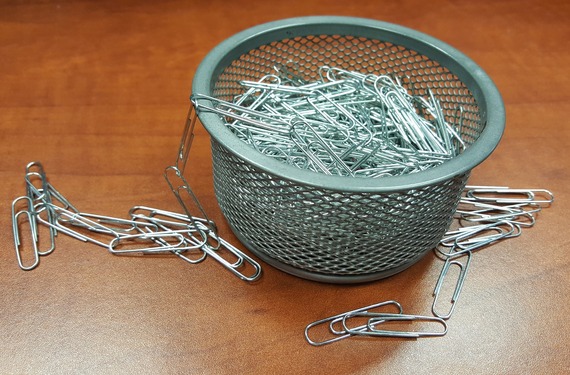Cryptocurrencies have gained mass popularity and acceptance across the globe. The brilliance of the technology from which they sprung baffles and attracts new businesses from all corners of the commerce arena, at a surprisingly fast-growing pace.
Blockchain technology or a "distributed ledger" is a marvel to study. The technology grows in popularity and uses every day. What does this mean to the various industries that supply the world with the goods and services we are all paying for?
How is blockchain technology reshaping the supply chain industries?
In order, to examine how the supply chain will be affected by the blockchain, let's look at each concept more closely.
Blockchain technology is the pride and centerpiece of its popular pioneer, Bitcoin. Bitcoin and the blockchain technology that is a digitally distributed ledger that through valid transactions and multiple verification requirements, offers a permanent and unchangeable public record of events without revealing the identities of the users. It's clear that Bitcoin is a blossoming and possibly, permanent financial fixture globally. It is because Bitcoin erupted onto the markets and had become what appears to be an unstoppable currency, which has grown in value continuously since it first was introduced.
The R3 chief technology officer, Richard Brown, explained the blockchain in what he called "The BlockChain Bundle" which is a set of 5 characteristics or qualities that define blockchain technology.
There is consensus, validity, uniqueness, immutability and finally authentication.
Consensus. In the blockchain model, each user And each transaction are verified multiple ways. Brown gave the following as a silly, yet effective example of consensus. It's people basically saying. "I know. You know. Now I know you know I know" which leads to the next piece of the puzzle.
Validity. Once a transaction is confirmed six times it is considered valid and correct it is permanently sealed into a record on the public ledger as a valid transaction in the block.
Uniqueness. The blockchain has special solutions for problems that apply uniquely to the users, no matter what it is used for.
Immutability. Once a transaction is verified, valid and recorded in a block of data on the distributed ledger it is irreversible and cannot be hidden or altered. It becomes another block in the chain of blocks that represent all the transactions that have taken place. Can't erase, undo or manipulate block data that is already confirmed.
Authentication. Users authenticate transactions as they get confirmed and recorded, then that transaction is closed and irreversible.
Supply Chain Needs A Boost
"There is currently a whole industry set up to reconcile and audit all these separate ledgers, and you can't easily connect them. This comprehensive shared data source could be a real benefit."
A supply chain is a common system of organizations, people, activities, information, and resources involved in moving goods and services from supplier to customer. The supply chain industry seems to be a decent process, but the fundamental flaws are in the large margins of error, and there is always a distinct risk of loss due to potential human mishaps.
A new breath of life is surging over the outdated methods of the supply chain industries. Blockchain platforms are beginning to gain momentum. A blockchain integration Is an upgrade our supply chains really need to get the most out of our precious time and resources on this planet.
One example is Everledger:
Everledger allows users to store ownership records, detect fraud and combat counterfeit goods, providing the end consumer with a reliable source-to-sale narrative. It can also add so-called "smart contracts" to the system - contracts that allow the owner/seller to finance and insure these luxury items more efficiently.
"Diamonds are just the start, and our vision is so much bigger, she told the audience. We're going to help in combating counterfeiting, and that's not a fifty-billion-dollar problem -- that's 1.7 trillion." - Leanne Kemp: Founder
The distributors and suppliers of the world's goods and services will need to be flexible and perhaps even obedient as these major changes begin to take effect. The amount of product waste and loss due to human accounting errors as commonly seen in the previously used system of ledgers for manufactured products will decrease dramatically which increases profitability and will boost sales, productivity, and overall business efficiency. Plus, the record keeping that is attained through blockchain will make the supply chain a more smooth, reliable, and stunning operation.
Companies are finding ways to leverage these innovations to increase profits and strengthen relationships across the supply chain. They're also partnering with forward-thinking service providers who value transparency and innovation and understand blockchain's potential.

